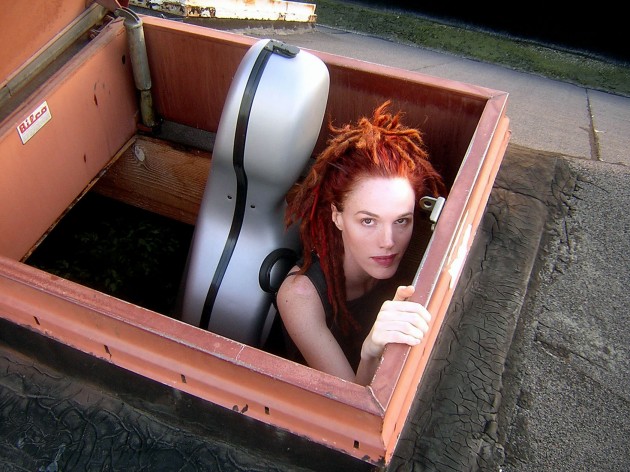 Just like Web 2.0 start-ups have been spending much of 2009 trying to figure out how to turn users and community into revenues, so too have the last few years’ crop of Internet celebrities been trying to figure out how to make a business out of those over-used buzz words “their personal brands.”
Just like Web 2.0 start-ups have been spending much of 2009 trying to figure out how to turn users and community into revenues, so too have the last few years’ crop of Internet celebrities been trying to figure out how to make a business out of those over-used buzz words “their personal brands.”
Think of all the online fame that’s been created in the last few years amid this hype of the Web democratizing celebrity. Now try to name how many of them crossed over to mainstream popularity. Tila Tequila got an MTV show and a record deal. LonelyGirl15 is on ABC Family’s Greek. And…the list dwindles from there. Amanda Congdon’s “talks” with HBO never seemed to materialize. Kudos to Julia Allison for snagging a Wired cover and starting a lifecasting site, Nonsociety, but that Bravo pilot never saw the light of day and even Gawker doesn’t cover her much anymore. (She may consider that a blessing.) The people who get the most press for using social media are still, well, the real celebrities like Oprah and Ashton Kutcher.
It’s enough to make you a cynic that celebrity isn’t really getting democratized at all—it’s just getting fragmented into slivers of micro-fame. And the truth is so far micro-fame doesn’t pay.
Enter an unlikely Internet fame winner: Zoe Keating. Keating is an avant garde cellist and that is her day job. She has no label. No agents. Nothing. Just 1,081,522 Twitter followers (and counting), the number one spot on iTunes classical music list, YouTube videos of her performances and a Web site.
Keating was on NBC’s Press:Here along with Pandora co-founder Tim Westergren this week. While Westergren left the music world to start a tech company, Keating left a high-paying tech job to become a full time cellist. Her music has been featured in film scores and commercials, but she makes the bulk of her income from iTunes. And because she doesn’t have any “people,” she gets to keep every dime. It’s an interesting flip from the mainstream model where studios make money off music sales and artists only make money when they tour.
Keating also doesn’t have the normal hang-ups of a prima donna musician. I asked her if she had the usual anti-corporate bias against her music being used to advertise products and she looked at me like I was mental. (See the clip below. The entire show is available here.) In short, she gets that the model for musicians is thoroughly broken and she revels in it. I asked if she would take a huge record deal if it came to her now and she said “no” before I could finish the question. “I would definitely do it myself because I don’t want to compromise,” she said.
This is all the more impressive when you consider she’s a classical musician—not exactly a category that flies off the shelves. Or is that part of why it worked? You don’t exactly see classical musicians on MTV’s Cribs squandering multi-million signing bonuses. So someone like Keating would have to find another way to make a living making music.
Keating says she spends 50% of her time managing and promoting her music and 50% actually making music. She also emphasized this was a long struggle to get to this point.
Lesson to would be fame seekers: It’s not really a new world when it comes to celebrity. There are no shortcuts. It’s still talent, perseverance and hard work. Even the speed and reach of the Net can’t create lasting value and income overnight.
[More on all of this on Keating’s blog.]
[PHOTO CREDIT: Jeffrey Rusch.]